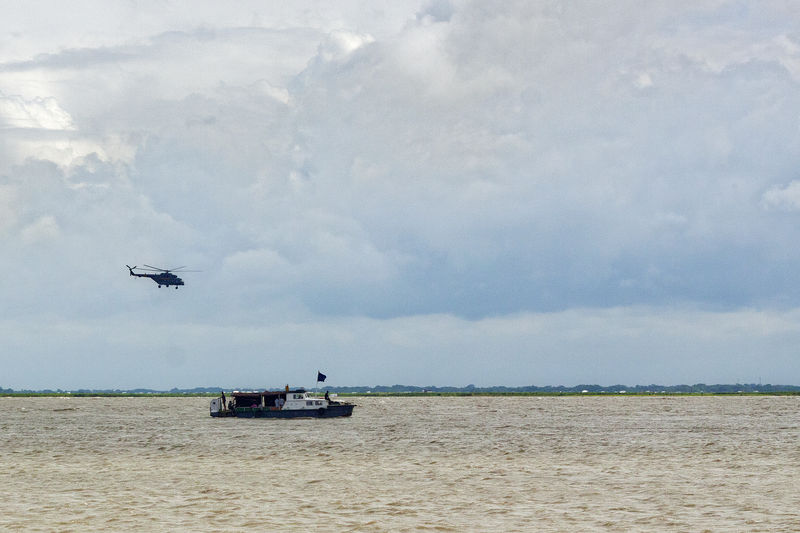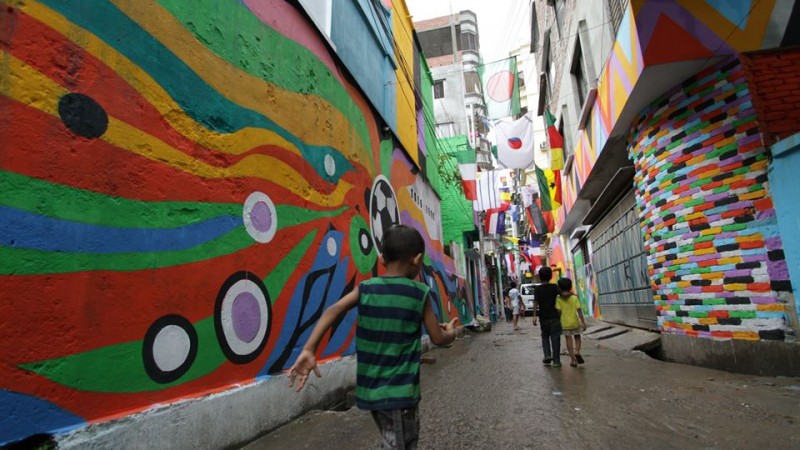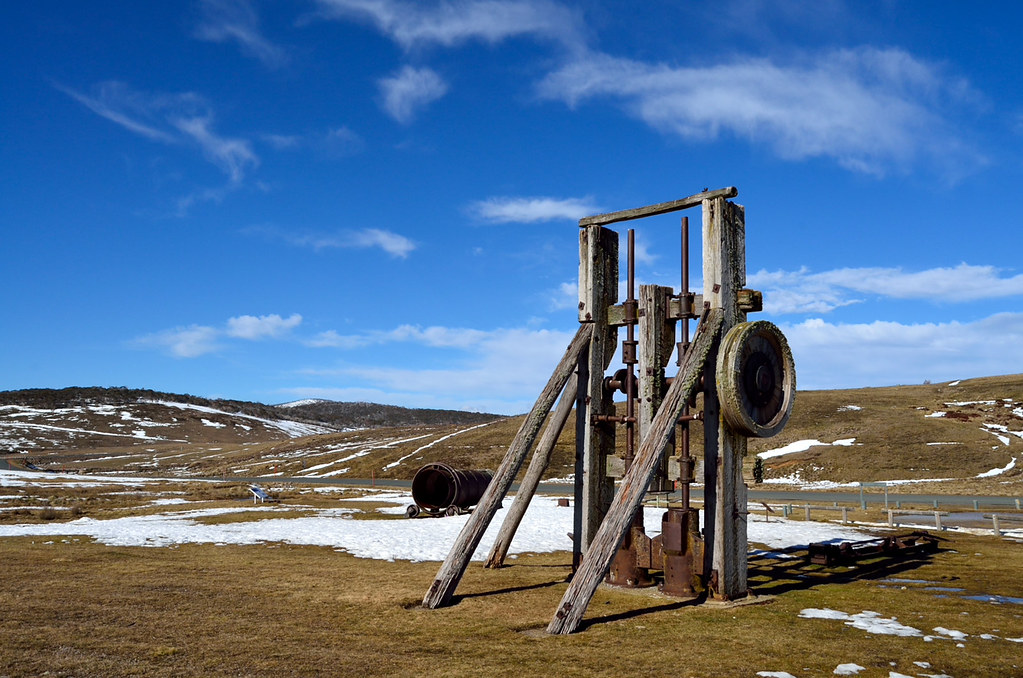Members of Bangladesh's lesbian, gay, bisexual and transgender (LGBT) community marched alongside the country's recent New Year's festivities, a bold step for the oft-vilified minority.
Roopbaan, a
magazine aimed at gay Bangladeshis, arranged the colorful march, which they
maintained wasn't a gay pride parade but a celebration of diversity and friendship. In Muslim-majority Bangladesh, homosexuality is considered to be unacceptable socially and religiously. Gay sex is illegal, according to the country's
penal code.
On April 14, the Bengali New Year,
the traditional colorful procession "Mongol Shobhajatra" set off from Dhaka University's Faculty of Fine Art building. Immediately following them were a group of people dress in rainbow colors representing the underground gay community. The people around them did not understand what was going on, but later realized from the media reports that the rally was for the same-sex community. Online portal Priyo.com reported (the translation of the article is here):
The rally contained seven parallel rows of activists clad in Punjabi [a type of shirt] in each of the rainbow colors. They had balloons, flowers and birds made of paper. They released the helium balloons to the sky after completing the rally. This diversity rally created interest among the crowd.
 |
| Spread love, not hatred. Image courtesy Roopbaan Facebook group |
LGBT rights blog
The Muslim Outcast noted:
Whether you are pro or anti LGBT, you cannot help but be in awe. For a group of demonised individuals to remain firm and march out onto the streets of Dhaka, knowing that it is not without risk, I believe, is an act of commendable bravery. They have begun the long road to acceptance and these incredible individuals will be remembered by the following generations of LGBT individuals as those that laid the foundations for acceptance within the nation's society.
The parade drew much reaction on social media, mainly on Facebook. The majority of commentary was negative, though
some did laud the effort. Facebook group
Gay For Girls listed some of them and observed:
The only reason I wasted my time taking screenshots of the comments and putting them up here is to prove a point. People will say shit just to hurt others. They will say terrible things to people they don't even know. They will hate us without even knowing our stories.
Rainer Ebert, a US activist based in Dhaka, wrote on Twitter of the threats that followed the march:
Bangladeshi diaspora LGBT blog
"Coming out" as a bisexual Bangladeshi compiled some of the reactions. One user wrote, "they were lucky a handful knew.. neyxt [sic] one should surely be announced sooner and get bombed."
Other comments included threats of violence, comparisons with animals, addiction, peadophilia and incest, mentions of religious taboos and blame towards the government.
However, there were rays of hopes in some comments:
Who are we to judge whether this is good or bad, and why does it concern everyone so much.
Why are you personally so hostile towards them?
The blogger concluded:
Most of the comments are negative. Let's face it, we knew this was going to be the case. Besides the banging collection above, there are a lot of negative comments with no likes that I haven't posted here. But interspersed within those are a few good comments, and then there are the few good comments with lots of likes. And this is what gives me hope.
The post was first published in Global Voices.





























